Substituting targets for here-and-now policies lets decision-makers off the hook, provided the targets relate to the distant future.
Short-term targets, to be delivered this year or next, are dangerous, since retribution from shareholders or the electorate can kick in before the next generation of decision-makers inherits the failure.
Here-and-now policy decisions are avoided, since they preclude the pretence that there are no awkward trade-offs.
Climate policy is an attractive candidate for ambitious targets, but for delivery in 2030, 2040 or later. Explicit policy decisions that might deliver the targets can be obfuscated, since they would annoy too many people too soon.
The popular media can be a great help where they laud the worthy targets and rarely ask questions about the missing policy actions.
Two current examples concern housing policy and urban traffic congestion.
Policy measures announced or advocated recently, cloaked in ambitious rhetoric about longer-term visions, would make no difference or even make things worse.
It has taken over 30 years to build up Ireland’s crisis of housing affordability, due essentially to the failure to zone enough sites for residential development, especially in and around Dublin and the main provincial cities.
A consequence has been long-distance car commuting, caused by avoidable urban sprawl in a country with plentiful land and low population density.
Last week it emerged that local authorities in counties surrounding Dublin had adopted targets in draft development plans which will see a sharp reduction in the pace of residential construction.
It is now conceded that the Government’s national targets are far too low and a leaked report from the Housing Agency calculates that the figure should be 62,000 per annum, versus a declared target around half that number.
Economists at TCD have been documenting the extent of the shortfall for years and their view was endorsed this week by Marian Finnegan of estate agent Sherry FitzGerald. She thinks that recent levels of housing output need to be doubled.
But Kildare and Wicklow councils want to reduce new construction and are seeking to de-zone land to accommodate a housing total, which consultants KPMG advised the Construction Industry Federation is way below what is needed.
Developers Cairn Homes and Glenveagh have initiated judicial review proceedings against the two councils to halt the de-zoning.
Population increases
Wicklow, Kildare and Meath have attracted rapid increases in population, and hence in long-distance commuting, in recent decades, and it might be no bad thing if future development was confined within the city of Dublin, where derelict sites abound, or the county where empty prairies of undeveloped land are plentiful.
Opposition to zoning extension
But there is intense opposition to any extension of zoning in Dublin and every proposal to build apartments, even in the outer suburbs, is fought tenaciously on the flimsiest of pretexts.
Politicians who bewail the excessive rental levels (up to €2,500 per month for a modest two-bed apartment in many parts of the city) have included the preservation of grazing opportunities for Brent geese in their list of objections at An Bord Pleanála.
If Wicklow and Kildare are allowed to reduce residential construction without extra supply in Dublin, the likelihood is that the onward march of developers into the distant midlands will continue.
The instruments available to discourage car commuting include congestion charging, to which all parties, including even the Green party, have signalled their opposition.
Under Ireland’s benefit-in-kind rules, income tax is chargeable if an employer is kind enough to provide a company car.
Buses are the work-horse of public transport in Irish cities, unable to function on streets given over to free kerbside parking
The annual tax bill for a standard family saloon car can easily exceed €1,000 a year and considerably more for top-of-the-range models.
But if the employer provides a free parking space, which would cost around €3,000 per annum in the city centre, there is no attribution of benefit-in-kind, and this perk is popular with employers in the capital, including the many Government offices and State agencies.
Moreover residents on the narrower Victorian streets in the inner suburbs are given free on-street parking permits on payment of €40 per annum to the city council. Some streets have parking on both sides, choking off capacity for traffic.
Dozens of these streets cannot accommodate two-way traffic at all with space on both sides occupied throughout the day by residents virtually for free.
The list includes streets (Park Avenue in Sandymount is an example, Chelmsford Road in Ranelagh another) which are designated routes for scheduled bus services!
The charge for casual kerbside parking in the inner suburbs ranges up to €3.50 per hour for 12 hours, a total of €42 per day, versus €40 for 365 days charged to residents.
Needless to say the city councillors of all parties are stout defenders of this extraordinary give-away to residents. They also espouse public transport with fancy targets for reducing car reliance.
Buses are the work-horse of public transport in Irish cities, unable to function on streets given over to free kerbside parking.



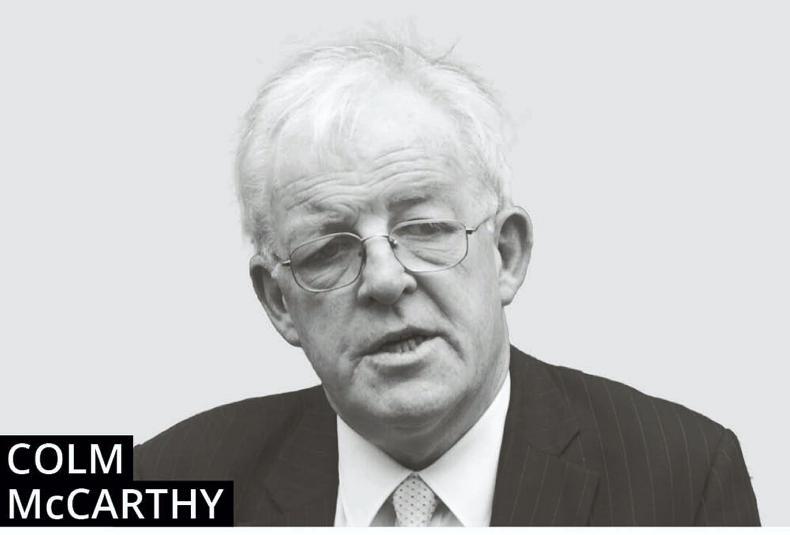

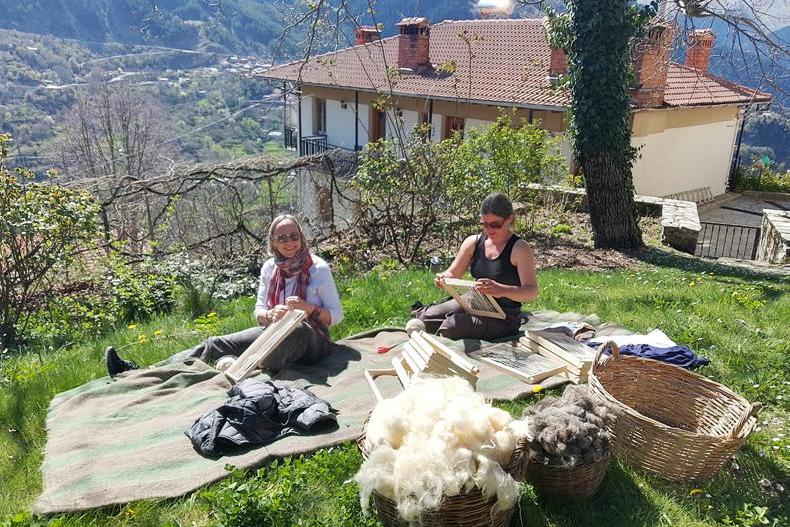

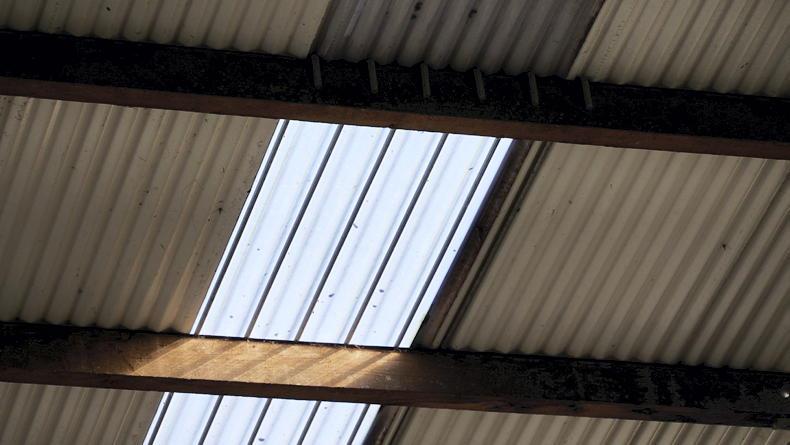
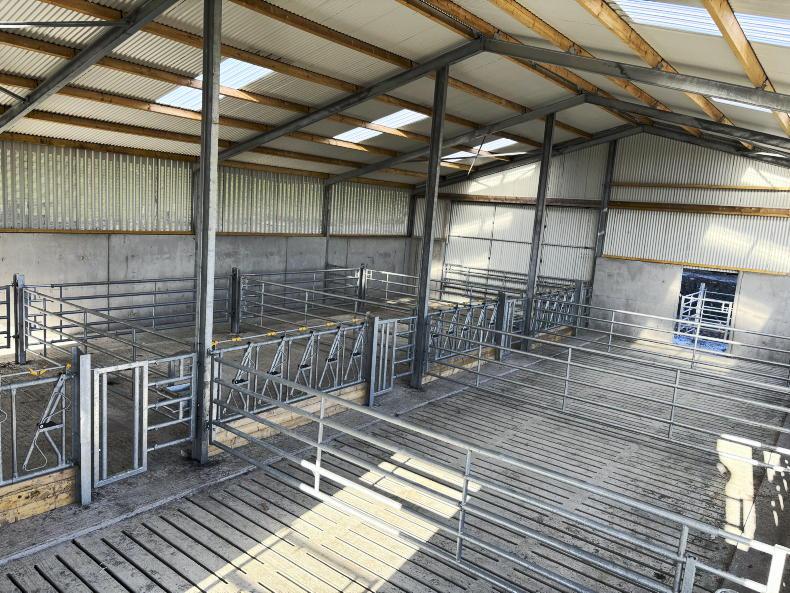
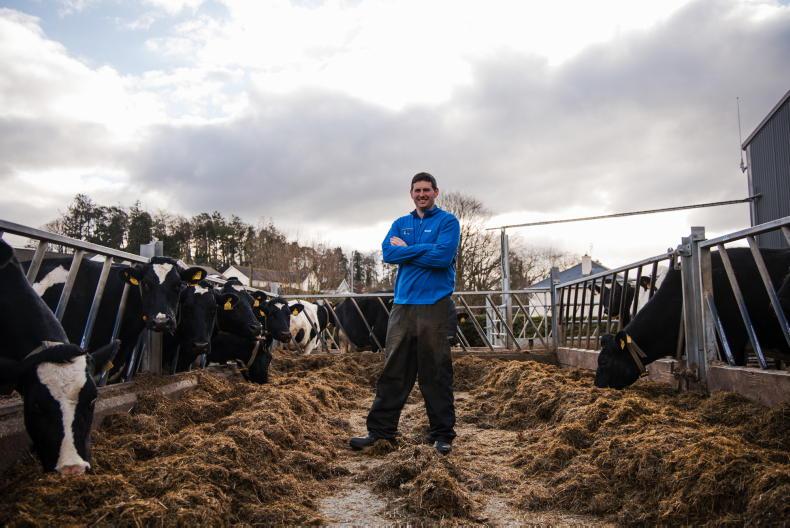
SHARING OPTIONS